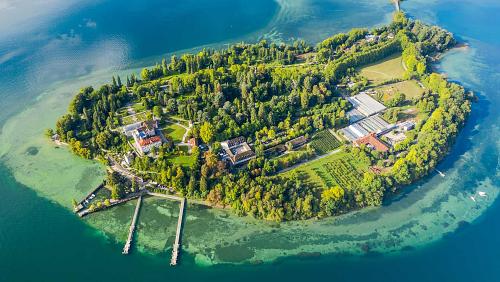Burundi’s Incinerator: A sustainable solution to waste disposal
Burundi, a small landlocked country in East Africa, has been grappling with waste management issues for decades. With a rapidly growing population and limited resources, waste disposal has become a major environmental and public health concern for the country. In recent years, the government of Burundi has taken steps to address this problem by investing in sustainable waste management solutions, one of which is the construction and operation of an incinerator.
The incinerator in Burundi is a state-of-the-art facility that is capable of handling a wide range of waste materials, from household garbage to medical waste. It uses high temperatures to burn and neutralize the waste, reducing its volume and eliminating harmful toxins and pathogens. This sustainable method of waste disposal not only helps to address the immediate issue of waste management but also has significant long-term environmental and public health benefits.
The construction of the incinerator was funded through a combination of government funds and international aid, and it is operated and maintained by a team of trained professionals. The facility is equipped with modern technology to monitor and control emissions, ensuring that the process is as environmentally friendly as possible. In addition, the incinerator is located in a strategic location that allows for efficient waste collection and transportation, further minimizing the environmental impact of waste disposal.
One of the major advantages of the incinerator is its ability to handle different types of waste, including hazardous and infectious materials. Medical waste, in particular, poses serious health risks if not properly disposed of, and the incinerator provides a safe and effective solution. By eliminating the need for traditional methods of waste disposal, such as landfilling and open burning, the incinerator helps to protect the environment and the local community from the potential negative effects of improper waste management.
In addition to its environmental and public health benefits, the incinerator also offers economic advantages for Burundi. By reducing the volume of waste and the need for constant maintenance of landfill sites, the government is able to save money in the long run. Furthermore, the facility creates job opportunities for the local population, providing a source of employment and contributing to the country’s economic development.
The incinerator in Burundi has been operational for several years now, and its impact on waste management has been significant. Not only has it alleviated the immediate pressure of waste disposal, but it has also raised awareness about the importance of sustainable waste management practices. The government has been actively promoting waste reduction and recycling initiatives, and the incinerator serves as a key component of this broader strategy.
In conclusion, the incinerator in Burundi represents a sustainable solution to the country’s waste management challenges. By utilizing modern technology and best practices, it offers a safe and efficient method of waste disposal while also contributing to environmental protection, public health, and economic development. As Burundi continues to grow and develop, the incinerator stands as a testament to the country’s commitment to sustainable and responsible waste management.
FAQs about Burundi’s incinerator:
Q: Is the incinerator in Burundi safe for the environment and public health?
A: Yes, the incinerator is equipped with modern technology to control and monitor emissions, ensuring that the process is as environmentally friendly as possible. It also helps to eliminate harmful toxins and pathogens in waste, contributing to public health.
Q: Does the incinerator in Burundi handle hazardous waste?
A: Yes, the incinerator is capable of handling different types of waste, including hazardous and infectious materials. It provides a safe and effective solution, particularly for medical waste disposal.
Q: How does the incinerator benefit the local community?
A: The incinerator creates job opportunities for the local population, contributing to economic development. It also minimizes the potential negative effects of improper waste management, protecting the environment and public health.
Q: Is the incinerator in Burundi cost-effective for the government?
A: Yes, the incinerator saves money in the long run by reducing the volume of waste and the need for constant maintenance of landfill sites. It represents a sustainable and cost-effective solution for waste management.
Q: What is the long-term impact of the incinerator in Burundi?
A: The incinerator contributes to a broader strategy of waste reduction and recycling initiatives, raising awareness about the importance of sustainable waste management practices. It helps to create a cleaner and healthier environment for future generations.








